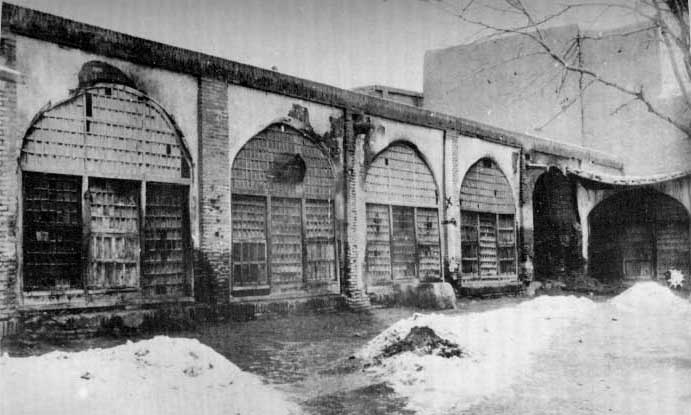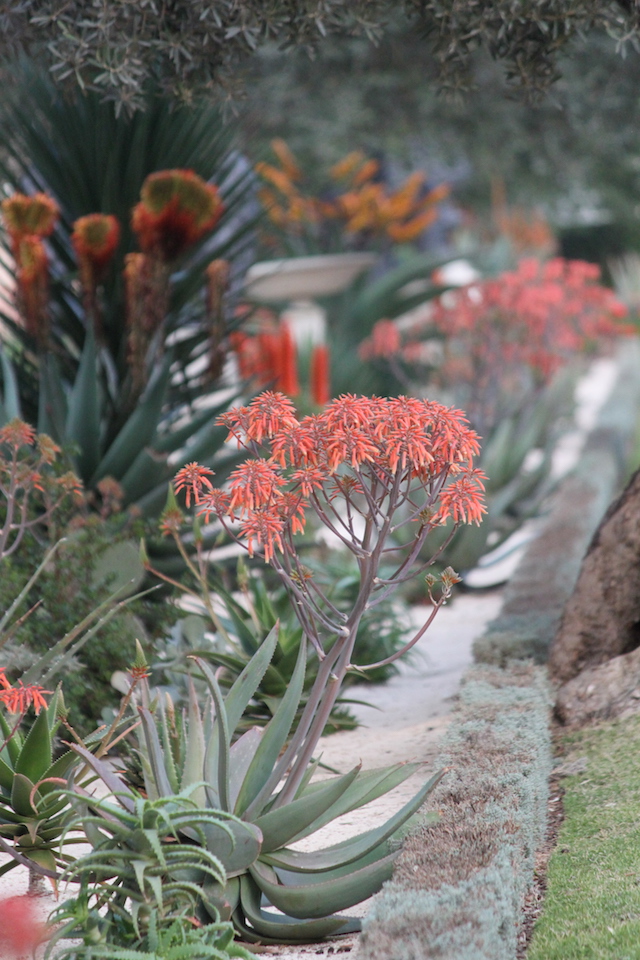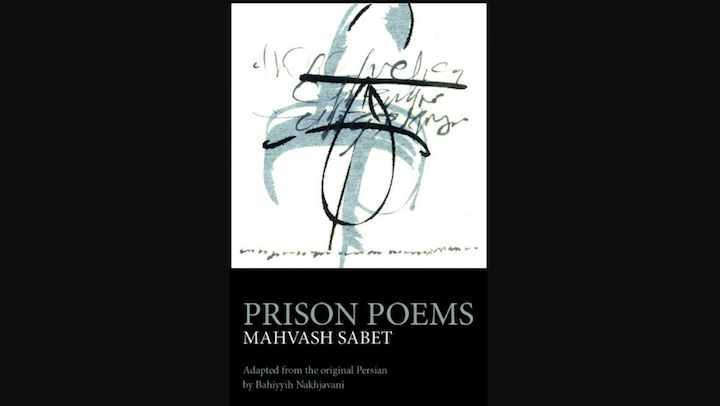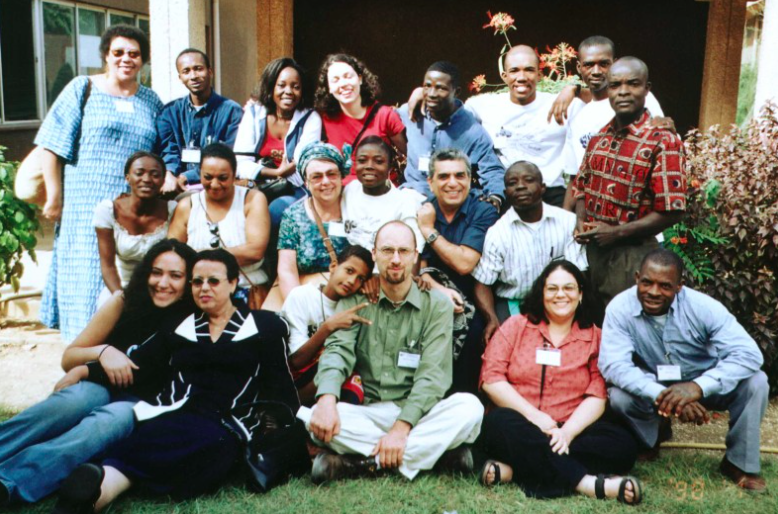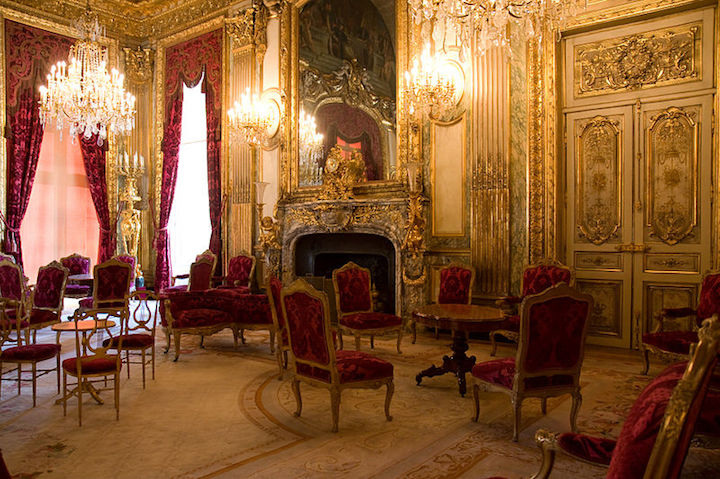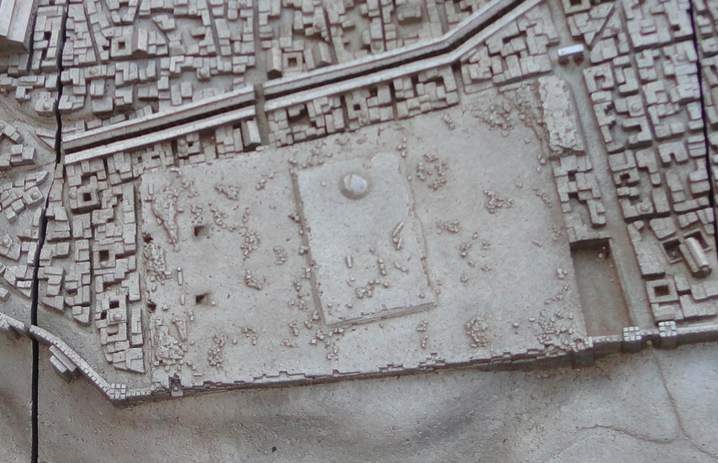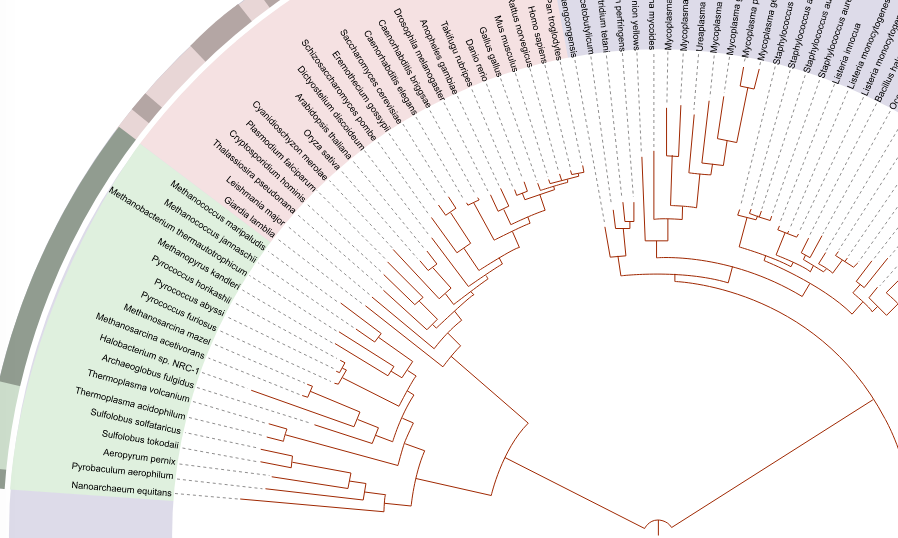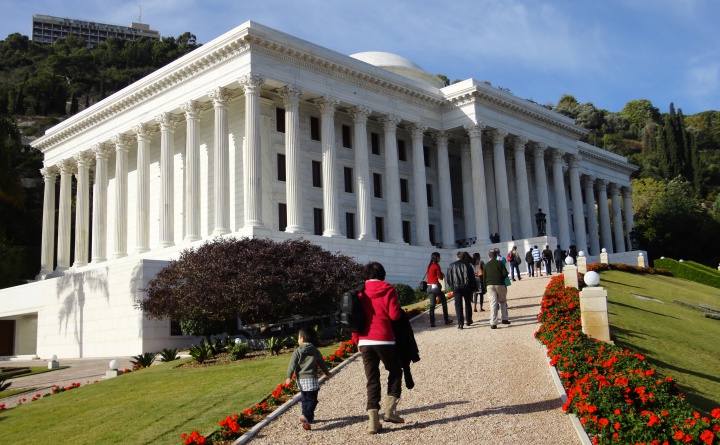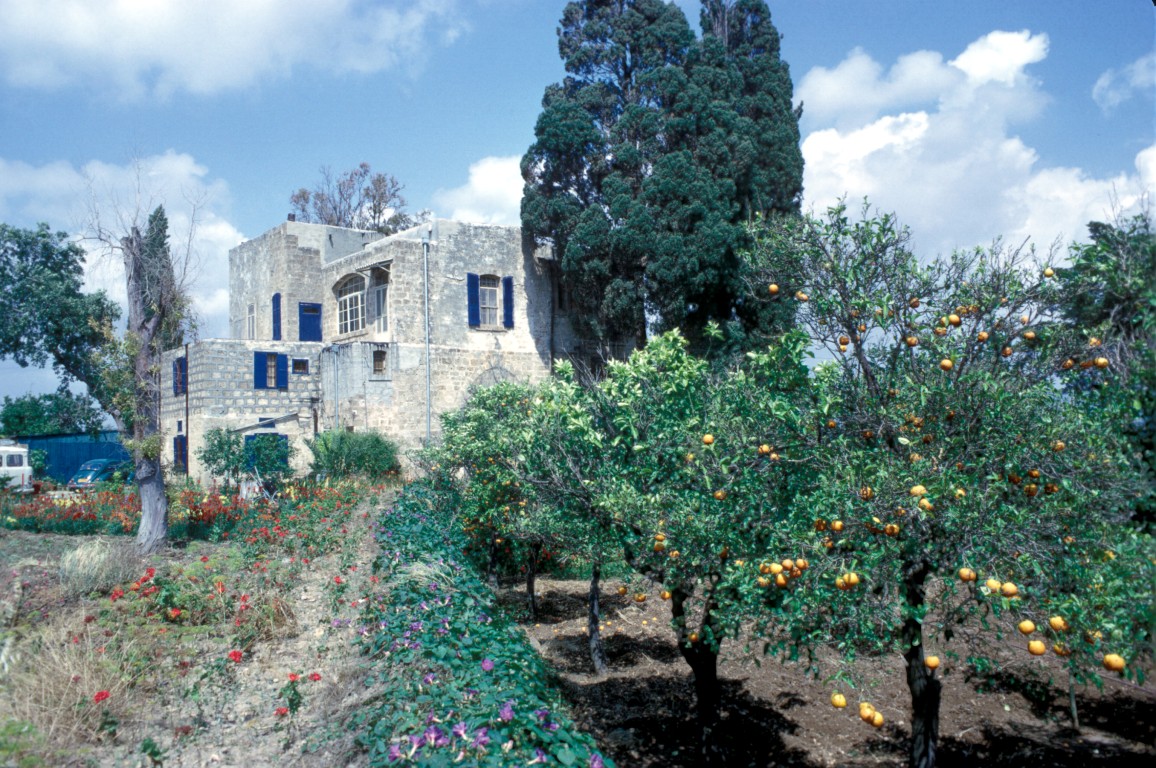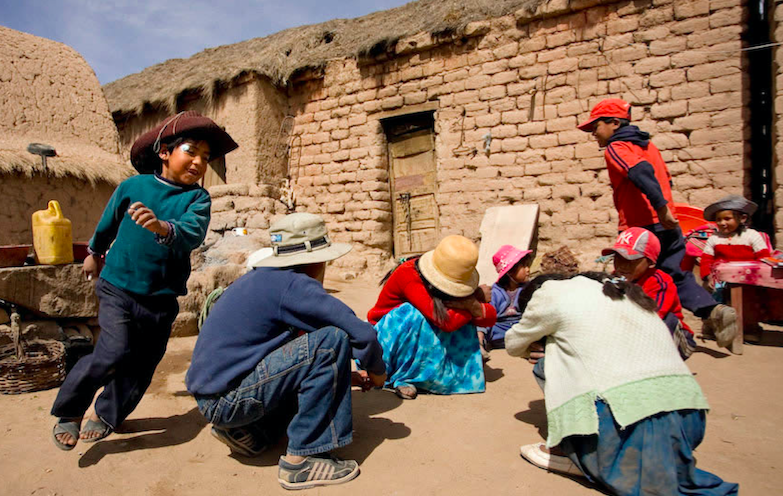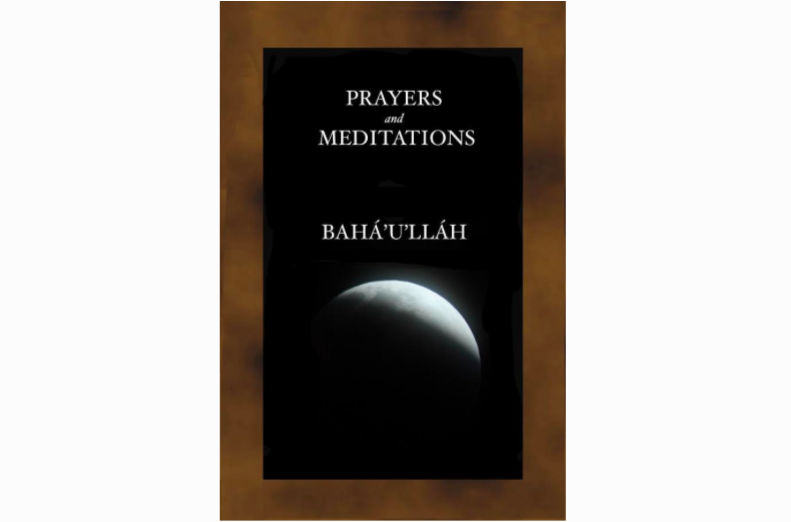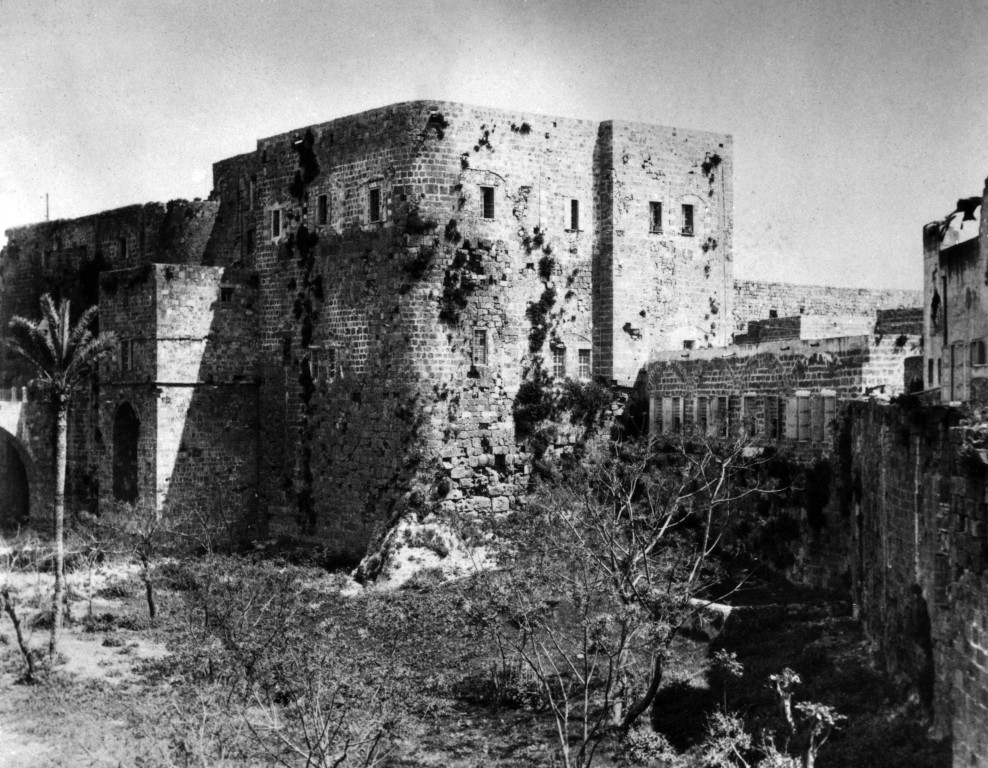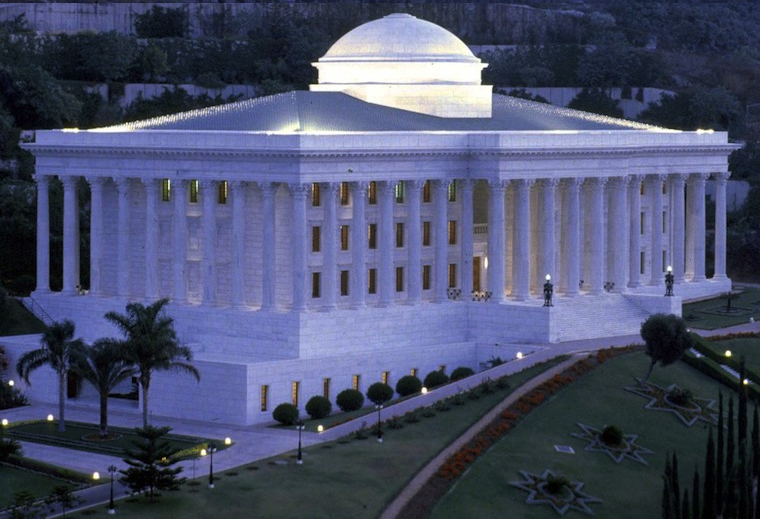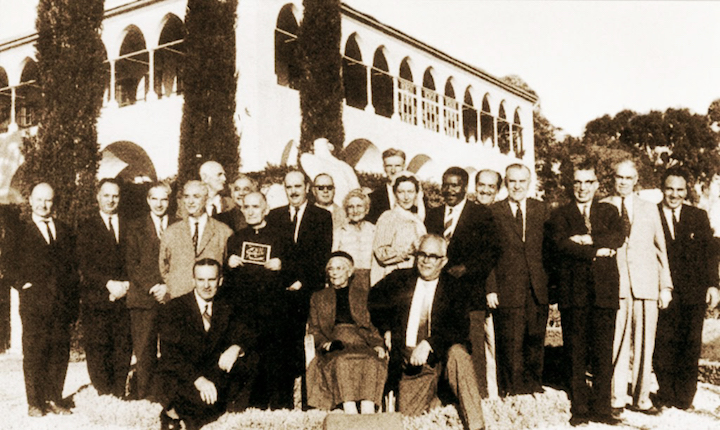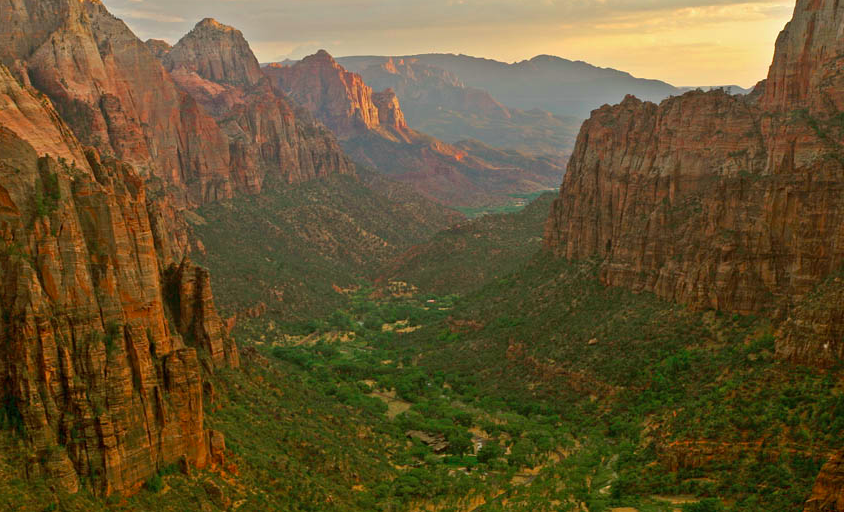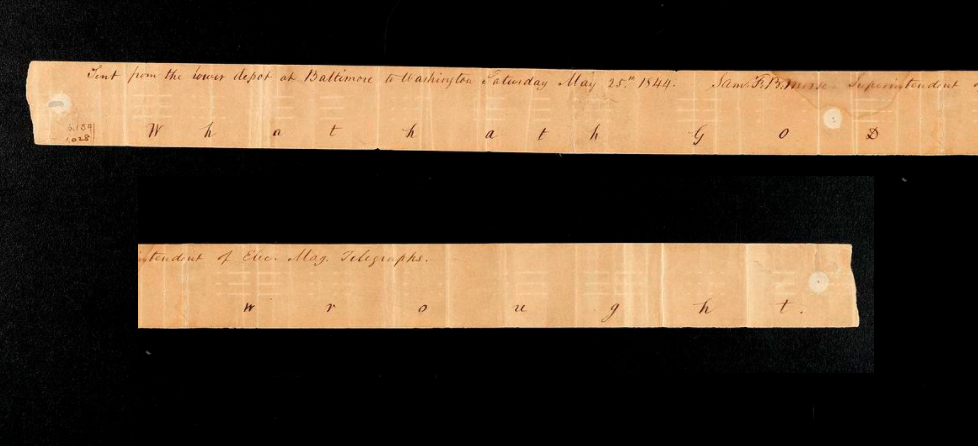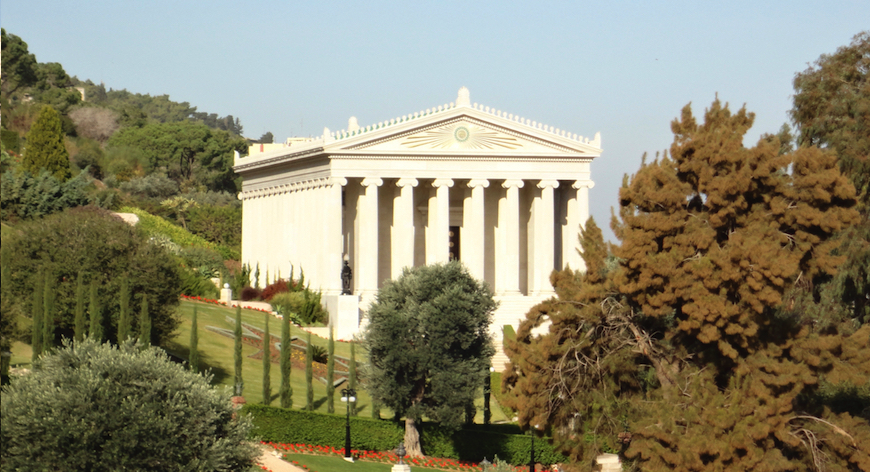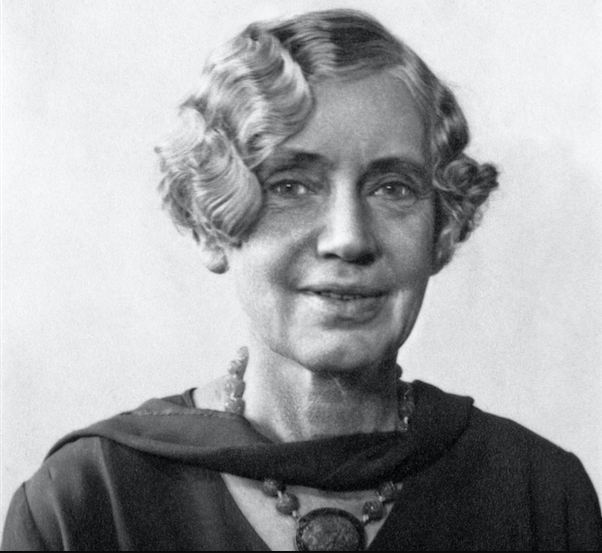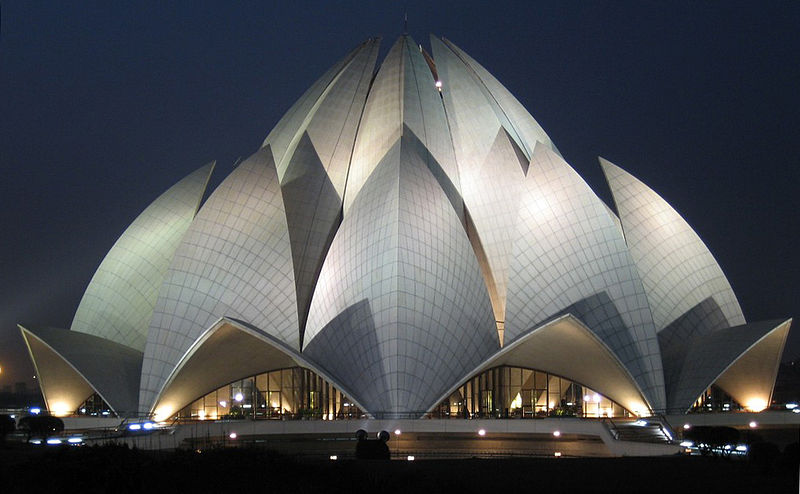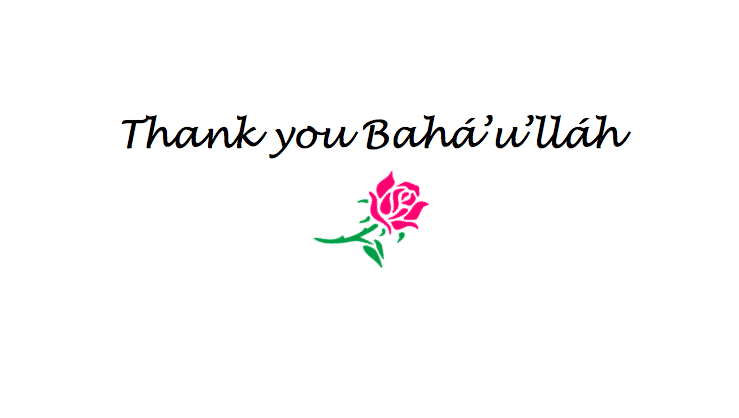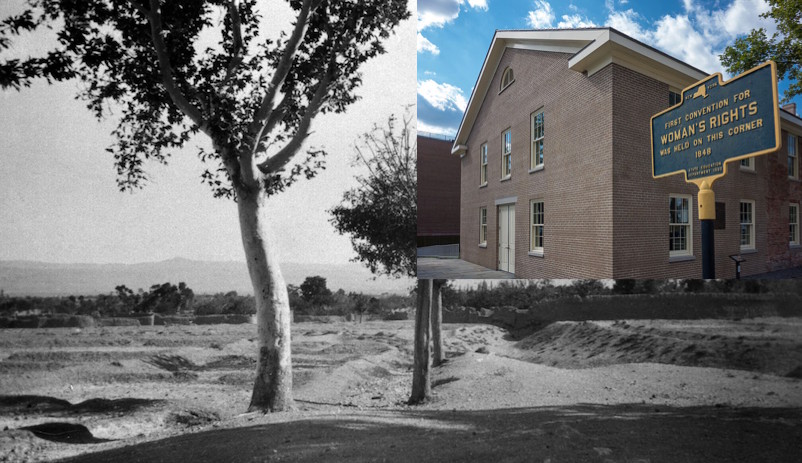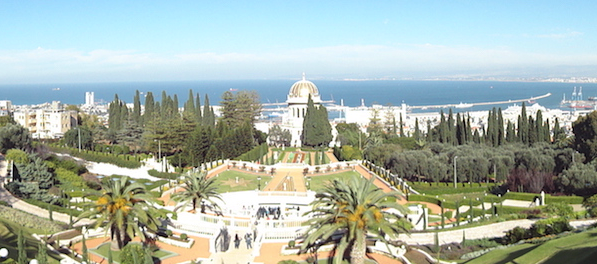-
The Execution of the Bab
The Bab was in a cell in the barracks of Tabriz. He had already been condemned to death by the Amir Kabir, Persia’s highest official. The death sentence was sanctioned by the religious authority of high clergy. Now it just remained for the sentence to be carried out. Although death approached, the Bab was dictating a letter to one of his followers: Siyyid Husayn. The guards interrupted to take the Bab to his execution. He assured them that until he had completed what he had to say, no power on Earth would be able to prevent him doing so. Nonetheless they determined to take him out. With the Bab went…
-
Plan B – The Lesser Peace
* * * As noted previously, Bahá’u’lláh wrote to kings and rulers. He did not expect them to accept his proclamation of messianic fulfilment. Indeed he knew they would not. In his message to Queen Victoria he sets out an alternative for the world’s rulers: an alternative he refers to as the Lesser Peace. Now that ye have refused the Most Great Peace, hold ye fast unto this, the Lesser Peace, that haply ye may in some degree better your own condition and that of your dependents. O rulers of the earth! Be reconciled among yourselves, that ye may need no more armaments save in a measure to safeguard your territories and dominions.…
-
Suriy-i-Haykal: Restoring the Temple
As we have seen Bahá’u’lláh does not throw away the past; rather Bahá’u’lláh re-weaves the past in new forms in his teachings. The Temple of course refers to the ancient temple of Judaism in Jerusalem. The Temple Mount: the place where the Temple once stood, before it was destroyed by the Romans, remains the most sacred site of Judaism. The same site is now also sacred to Muslims – being the site of the Al Aqsa Mosque. The Temple and its restoration also features in ancient biblical prophecy associated with the return of the prophet or Messiah. In New Testament teachings, the concept of a physical temple is transmuted into a…
-
Nine Years: Prison Poems
This article is devoted to a review of the work called Prison Poems. It is a collection of poems written by Mahvash Sabet, one of a seven Baha’i leaders who have been imprisoned in Iran for nine years. They are adapted into English by Bahiyyih Nakhjavani. The “crime” which Mahvash committed was to serve her religious community by acting as its informal secretary. Her lawyer, Mahnaz Parakand records: Mahvash was firm and determined, brave and dignified, she seemed fearless of the outcome of the court’s decision against her. Her principal concern was for the Baha’i community in Iran. She believed that it was not herself but her Faith and those…
-
Bahá’u’lláh on Human Rights
Abdu’l Baha would, in his talks in 1911 and 1912 introducing Bahá’u’lláh’s teaching, identify a list of principles drawn from the teachings of Bahá’u’lláh. The list was not always exactly the same – and Abdu’l Baha would often introduce them with words such as “and among the teachings of Bahá’u’lláh”. We have already explored some of these topics, for example the oneness of humanity, the oneness of religion, the harmony of science and religion, equality of men and women, the balancing of material and spiritual in society. Abdu’l Baha also included human rights in that list. We should note that when he did so, there was no worldwide consensus around…
-
Faithful Stewards – And a Debt of Gratitude Beyond Estimation
In 1957, Shoghi Effendi suddenly passed away of the Asiatic flu, while on a visit to London. With his passing, there was at that moment no leadership of the Baha’i Faith that was firmly grounded on Bahá’u’lláh’s own writings. If there was a moment when human ego would take hold in the Baha’i Faith, this was it. With no will left by Shoghi Effendi, nothing was certain. All that was known was that in the months shortly before his death, Shoghi Effendi had completed the appointment of 27 “Hands of the Cause”, high ranking officers of the Baha’i Faith, whom Shoghi Effendi described in his writings as the “Chief Stewards” of…
-
What hath God Wrought? 24 May 1844
We live in the most remarkable of times. The transformation of the material conditions of humanity has a cause. Do we really believe that the human beings who came before us were incapable of what we see in the world today? Great civilizations have come before in history – yet none of them broke out of the same reality that has existed since the dawn of agriculture. It is only in this time that humanity has passed into an entirely new reality. It has a cause. A cause larger than humanity itself. In 1844, in Shiraz, the Bab, Baha’u’llah’s immediate forerunner, spoke these words: The secret of the Day that…
-
Achieving Unity
It was not obvious when Bahá’u’lláh stated it, but it is obvious today. The problems of the world cannot be solved and human welfare and peace cannot be achieved, until humanity’s unity “is firmly established”. Yet if we look around the world, there is nothing more obvious than the divisions that beset human beings. No two men can be found who may be said to be outwardly and inwardly united. The evidences of discord and malice are apparent everywhere, though all were made for harmony and union.[1] If unity were easy, it would have already been achieved. It is not impossible, but it is harder than even the most visionary goals human…
-
1848 – The Year of Two World Changing Conferences
1848 is usually remembered as the year of revolutions in Europe. Those revolutions – although sweeping across Europe – changed little. At the same time however, something of far greater moment was taken place, two small conferences. Although very few noticed at the time, a central idea of those conferences has already unfolded in unimagined transformation of human society across the planet. As Louise Dittmar, an advocate of the time, wrote in 1849: The freedom of women is the greatest revolution, not just of our own day, but of all time, since it breaks fetters which are as old as the world. And indeed in 1848, the emancipation of women…
